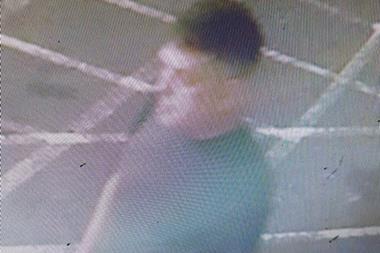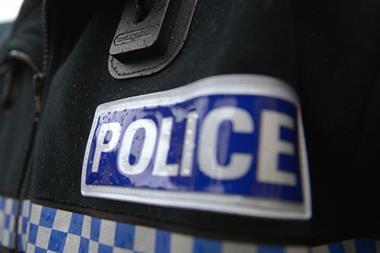Transport for London (TfL) will be working to improve the alternative fuel infrastructure as part of a new five-year industry-led programme to reduce the emissions of London’s freight and fleet operators.
The programme will work across the industry to increase the availability and uptake of low emission vans and lorries. It will bring together freight and fleet operators, vehicle manufacturers, fuel providers and the public sector. TfL says that 85% of London’s goods are transported by road and that freight makes up 17% of London’s road traffic.
The initiative also aims to create new environmental operating standards and contractual clauses for procurement bodies to easily adopt. In addition it aims to demonstrate, through research and real world trials, that using these cleaner vehicles will not negatively impact operations.
London’s transport commissioner Mike Brown said: “Over the next five years LoCITY will begin improving London’s air quality by encouraging the take-up of low emission vehicles. We’re working with vehicle manufacturers, infrastructure providers and the industry to make these vehicles a realistic choice for operators.
Together we can improve London’s air quality, and by supporting the freight sector – which is essential for our city to function – we will have a real impact."
LoCITY will have three workstreams focusing on:
• increasing the availability and affordability of low emission vans and lorries;
• improving the alternative fuel infrastructure, such as electric charging points and the use of hydrogen fuel;
• improving policies, procurement and land use planning to increase the use and viability of low emission vans and lorries.
TfL’s aim through LoCITY is to achieve these objectives in time for the introduction of London’s Ultra Low Emission Zone (ULEZ) in September 2020. The ULEZ will apply to the same area as the current Congestion Charge zone and vehicles failing to meet ULEZ standards (including Euro-VI for trucks, buses and coaches, and Euro-6 for diesel engined cars, vans and minibuses) will face a daily charge, varying with vehicle type, to enter the zone.






























No comments yet